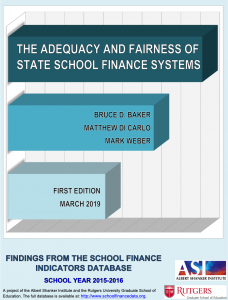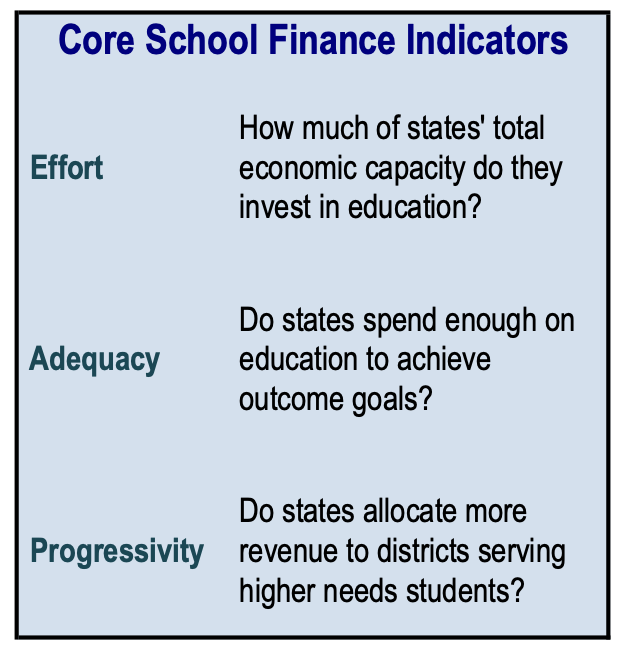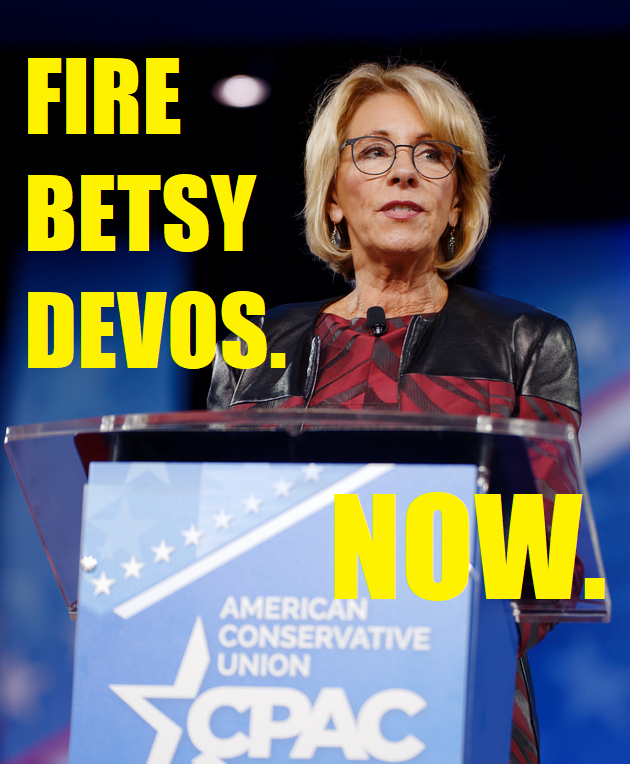Fla lawmakers gorging on public schools
The 2019 Florida legislative session came to an end yesterday, and only a day late. Which is remarkable, considering the level of dysfunction, where deeply compromised Tallahassee politicians tell blatant lies during debate.
For example, Hialeah Gardens Senator Manny Diaz, Jr., who tried unsuccessfully tried for days to retroactively change referendum language overwhelmingly approved by his own district, claimed Miami-Dade County Public Schools had deceived the public into approving a referendum to raise public school teachers’ salaries.
The truth is that MDCPS superintendent took a town hall tour of the whole the district, consistently making the school board’s case for why they wouldn’t be sharing any millage with charter school teachers.
In fact, the senator’s multi- Pulitzer Prize-winning home town newspaper published several articles in the lead-up to the election with headlines like, “Charter schools aren’t included in school ballot measure…,” describing how Academica, the senator’s own employer, was circulating fliers urging parents to vote No.
But the dysfunction isn’t limited to the senate. The house’s own education chair was trying to make the case for why public dollars should be used to pay for private school vouchers. “If it’s a failing school, I trust parents not to send their children there,” even after admitting that private and religious schools are not graded by the state. https://www.orlandosentinel.com/opini...
“[Mount Dora Rep. Jennifer] Sullivan’s vacuous response to a valid question speaks volumes about the real intent of school choice, which is an ideology-driven legislative agenda to steadily erode the public school system by shifting money and students into private-sector education, often in religious schools.” https://www.orlandosentinel.com/opini...
Here’s a few more headlines this week.
“The death sentence for Florida’s public schools” https://www.tampabay.com/opinion/edit...
“Florida legislators stick it to public education, as usual” https://www.orlandosentinel.com/opini...
“Florida’s charter-school sector is a real mess” https://www.washingtonpost.com/educat...
“Teachers with guns only makes sense to lawmakers who have lost their minds“ https://www.miamiherald.com/opinion/o...
To recap, this legislative session Tallahassee politicians passed a K-12 education budget that’s still below pre-recession levels.
They gave all the capital outlay funding to corporate charters to build and maintain privately held assets. Not one dime of local property taxes to build a new a neighborhood school, or to renovate an existing one. Or to buy a single computer.
And to add insult injury, they opened the probability that the next kid shot in a school will be by a teacher.
Happy Teacher Appreciation Week.
Fla lawmakers gorging on public schools - YouTube














 In a presidential administration that seems to function as a turnstile with people coming and going from their positions on a nearly continuous basis, one person seems to be a constant: Betsy DeVos. It’s no surprise, of course. She and her husband and other families members give enormous amounts of money to Republicans. The Center for Responsive Politics found
In a presidential administration that seems to function as a turnstile with people coming and going from their positions on a nearly continuous basis, one person seems to be a constant: Betsy DeVos. It’s no surprise, of course. She and her husband and other families members give enormous amounts of money to Republicans. The Center for Responsive Politics found 












